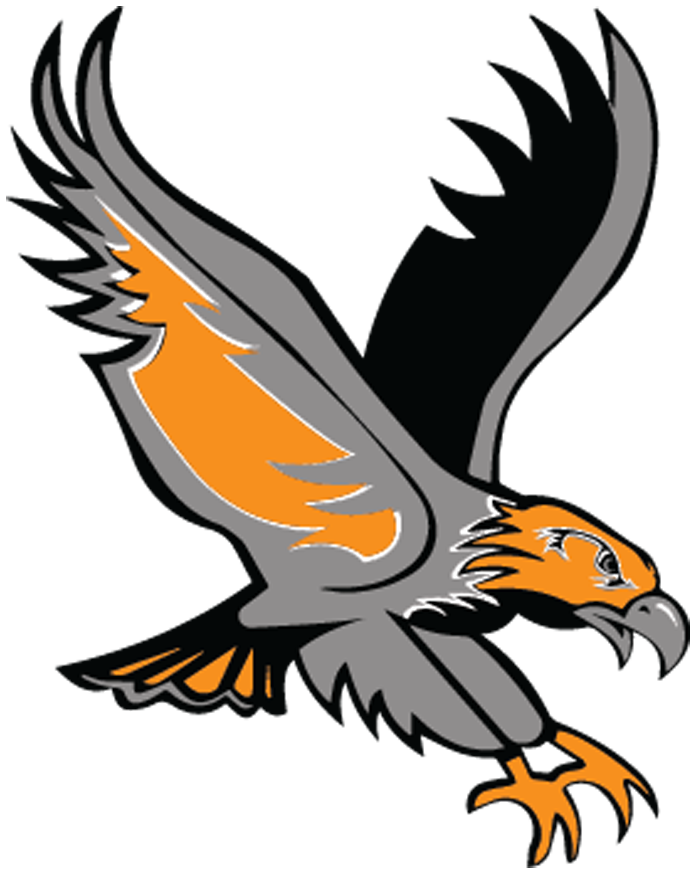The Easton Valley school board and administration would like to thank all the community members who attended our electric school bus information session that was held in the high school commons on the evening of February 21, 2023. We had approximately twenty five guests in attendance that were very attentive to the presentation and asked excellent questions.
The meeting opened with the school administration explaining their interest in considering electric school buses for our district. Superintendent Chris Fee explained how the $1,185,000 grant award to purchase three electric school buses will benefit our kids and our community.
One of the main challenges that the district faces is overcoming the financial challenges related to the district’s facility budget and the district’s general fund budget. At the heart of the issue is the reality that costs continue to rise while the district’s revenue remains relatively flat. Too often, the solution to these challenges ends up being the need to raise property taxes and reduce staff and programs. Fortunately, we have an opportunity to offset costs in both the facility and general fund budgets by adopting the use of electric school buses.
Taking advantage of the federal grant money awarded to the district will offset hundreds of thousands of dollars of cost in the district’s PPEL and 1% sales tax budget, which is primarily used to fund building maintenance, transportation, and technology. By reducing the need to purchase three more school buses in the next few years we will be saving up to $400,000. That savings can be repurposed to help fund our facility, transportation, and technology needs in the future.
Adding the three electric school buses to our fleet is also projected to save approximately $20,000 per year as the result of the decrease in energy costs. These savings will offset costs in our general fund, which is utilized to pay staff, purchase instructional materials, and fund other education-related expenses.
Shortly after the opening, Karl Kramer from Lion Electric presented information about Lion Electric school buses. Information and facts that he shared included:
The Lion school buses were designed from the ground up to operate as electric vehicles. The body is constructed from a composite material to extend the life of the bus.
The buses Easton Valley would receive would have a range of ~100 miles and would be used primarily for daily bus routes.
Lion has had electric school buses that have successfully operated in extreme conditions for over seven years, including operation in school districts in Maine, Minnesota, and Missouri.
The bus batteries are encased in a temperature controlled compartment, allowing them to perform optimally in all climates and conditions.
The grant money the district has received will cover the entire cost of the three electric school buses, the charging stations, and the installation of the charging stations.
The community members in attendance asked some fantastic questions that generated to following summarized responses:
Battery Questions:
The electric batteries have an expected life span of fifteen years and include an eight year warranty. The extent of the warranty is contingent upon several factors, including the cause of the issue, the remaining capacity at the time an issue emerges, etc.
90% of battery life remains in the electric school buses that have been on the roads for over seven years in other school districts.
The buses we are considering from Lion require three batteries to operate. Each battery currently costs ~$19,000. That cost is expected to come down significantly over time.
Maintenance Questions:
Electric school buses have 30,000 fewer moving parts compared to a traditional school bus, resulting in a projected 60% reduction in maintenance costs each year.
Service to the buses is most often conducted onsite. A service response is expected within 48 hours of an issue being reported. A majority of service can be performed virtually.
Aside from the electrical technology that powers the bus, the buses are made with standard bus parts that can be serviced by local mechanics.
The community meeting concluded after additional questions requiring some follow up were gathered. Most of the additional questions were related to safety, battery details, repair costs, warranty information, and more. To read the detailed answers provided by Lion Electric please click this LINK here.
We once again would like to thank all guests who joined us for the presentation. We greatly appreciate everyone’s time and insight to help respond to the challenges we face in our service to our kids and our community.

